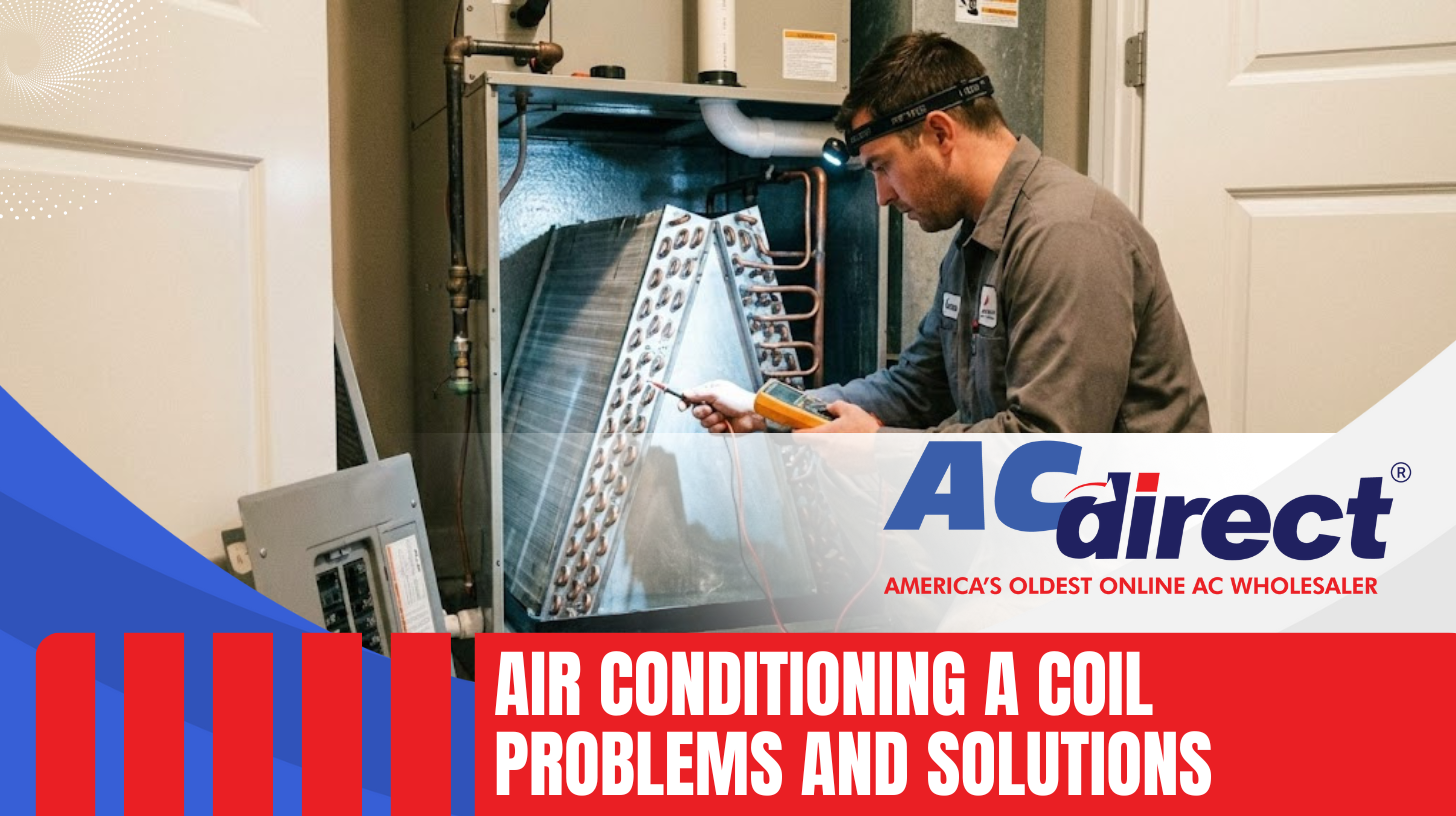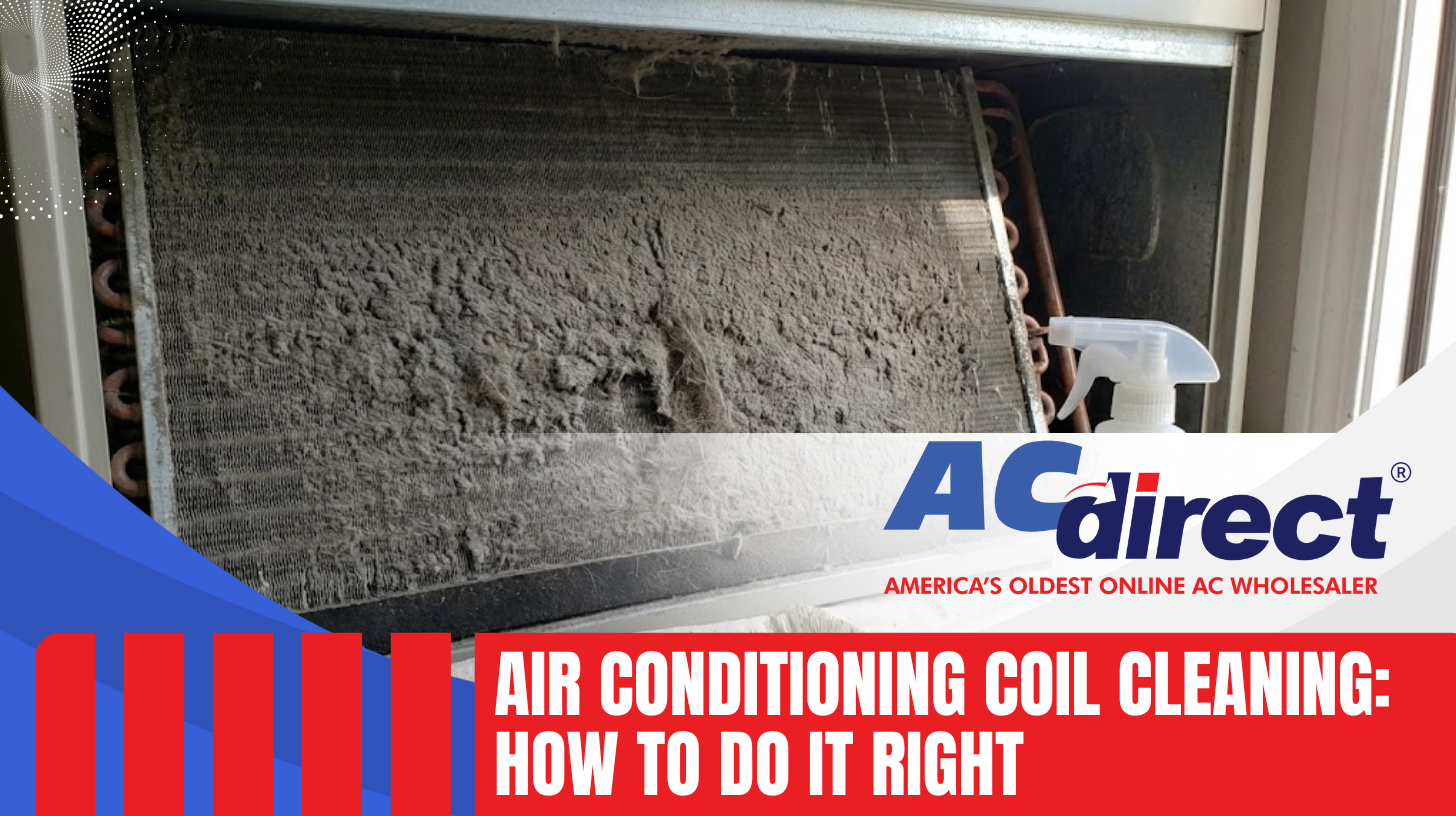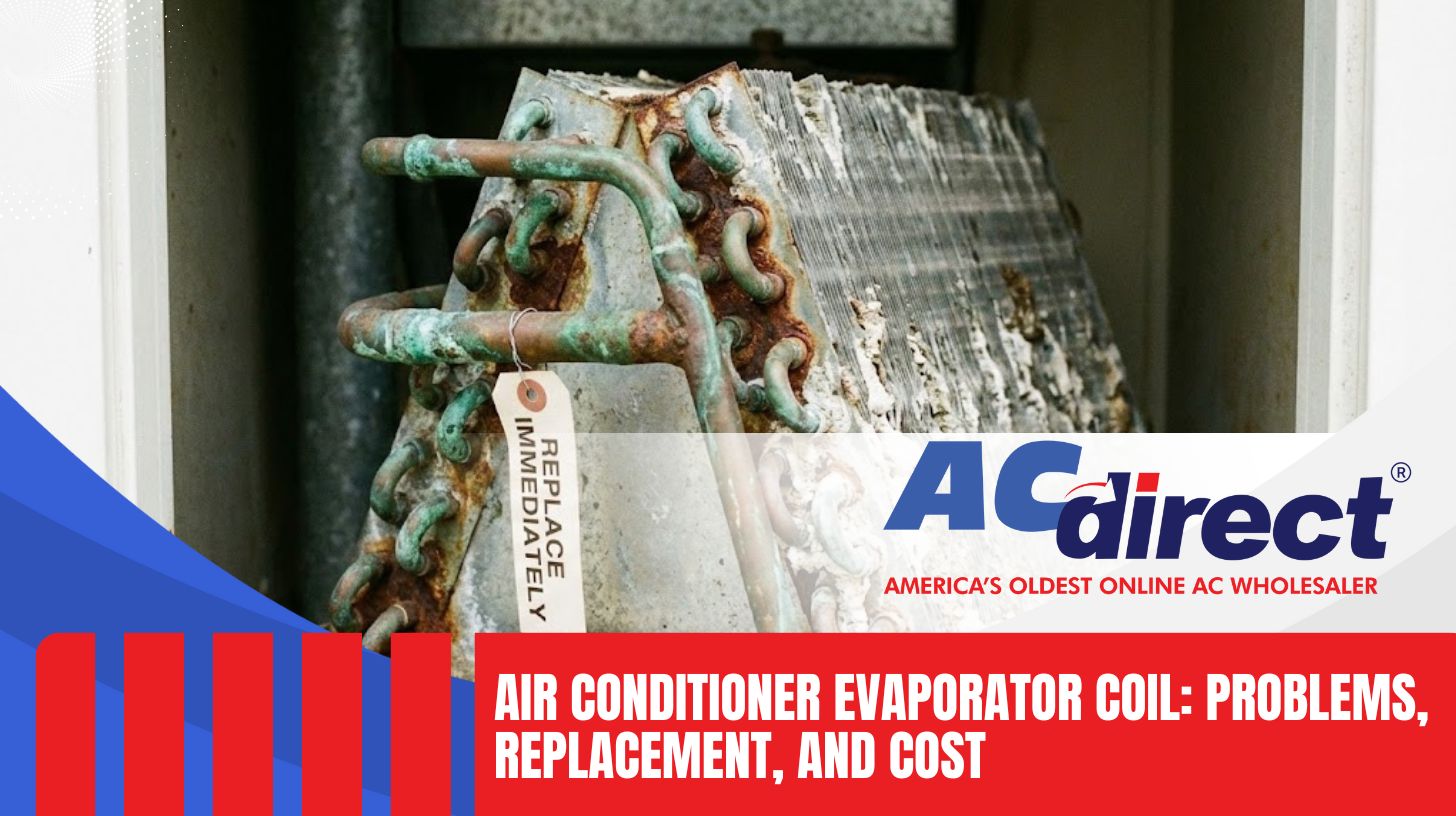Is This Smart? Smart Home Integration with HVAC Systems
-
 By
Michael Haines
By
Michael Haines
- Nov 14, 2024

By Mike Haines 11/14 Hello everyone, Mike Haines here from your trusted HVAC wholesaler. Over the years, I've witnessed the impact of technology on home comfort and energy efficiency. One of the most significant advancements is the integration of smart home technology with HVAC systems. Today, I want to delve into how integrating your HVAC system with smart home technology can optimize energy use, enhance comfort, and provide unprecedented control over your home's climate.
Understanding Smart Home Integration with HVAC Systems
Smart home integration involves connecting your HVAC system to smart devices and networks, allowing for automated control and monitoring. By integrating your HVAC system with smart thermostats, sensors, and home automation platforms, you can create a responsive and energy-efficient environment tailored to your lifestyle.
The Rise of Smart Thermostats
Smart thermostats are at the heart of smart HVAC integration. Unlike traditional thermostats, smart thermostats learn from your behaviors, allow remote control via smartphone apps, and can integrate with other smart devices.
For instance, a smart thermostat can adjust the temperature based on your daily schedule, ensuring optimal comfort when you're home and conserving energy when you're away. According to the U.S. Department of Energy, programmable thermostats can save you up to 10% on heating and cooling costs annually.
Benefits of Smart Home Integration
Enhanced Control and Automation
Smart home integration offers unparalleled control over your HVAC system. You can set different temperatures for various times of the day, create zoning systems to heat or cool specific areas, and receive alerts for maintenance issues. Automation ensures that your home maintains the perfect temperature without manual adjustments.
Energy Efficiency
By optimizing HVAC operation, smart systems reduce energy consumption. Smart thermostats adjust settings based on occupancy and weather conditions, preventing unnecessary heating or cooling. This efficiency not only lowers your energy bills but also reduces your environmental footprint.
Remote Access and Monitoring
With smart integration, you can control your HVAC system from anywhere using your smartphone or tablet. Whether you're returning from vacation or adjusting settings from the office, remote access provides convenience and ensures your home is comfortable upon arrival.
Integration with Other Smart Devices
Smart HVAC systems can work seamlessly with other smart home devices, such as smart blinds, lights, and security systems. For example, your thermostat can communicate with smart window shades to adjust based on sunlight, further enhancing energy efficiency.
Implementing Smart HVAC Integration
Choosing the Right Smart Thermostat
When selecting a smart thermostat, consider compatibility with your HVAC system and other smart devices. Popular options include models from Nest, Ecobee, and Honeywell, which offer features like learning algorithms, voice control, and energy usage reports.
Professional Installation
While some smart thermostats are DIY-friendly, professional installation ensures proper setup and integration with your HVAC system. A professional can verify compatibility, configure settings, and provide guidance on maximizing the benefits of your new system.
Integrating with Smart Home Platforms
Connecting your HVAC system to a smart home platform like Amazon Alexa, Google Home, or Apple HomeKit enhances functionality. These platforms allow voice control, routines, and integration with other smart devices, creating a cohesive smart home ecosystem.
The Impact on HVAC Efficiency and Comfort
Integrating your HVAC system with smart technology significantly improves efficiency and comfort. The system adapts to your lifestyle, reducing energy waste and maintaining ideal temperatures. This integration can also extend the lifespan of your HVAC equipment by preventing overuse and identifying maintenance needs promptly.
Frequently Asked Questions
How does a smart thermostat save energy?
Smart thermostats save energy by learning your schedule and adjusting temperatures accordingly. They reduce heating and cooling when you're not home and optimize settings based on occupancy and weather patterns, leading to significant energy savings.
Can I integrate my existing HVAC system with smart home technology?
Most modern HVAC systems can be integrated with smart thermostats and devices. However, compatibility depends on your system's type and age. It's advisable to consult with an HVAC professional to assess your system's compatibility.
Is professional installation necessary for a smart thermostat?
While some smart thermostats offer DIY installation, professional installation ensures correct wiring, compatibility, and optimal setup. A professional can also provide valuable advice on using the thermostat's features effectively.
Can smart HVAC integration improve air quality?
Yes, smart HVAC systems can enhance air quality by monitoring and controlling humidity levels, ventilation, and filtration. Some systems provide alerts when filters need replacement or when air quality falls below desired levels.
Are smart thermostats secure?
Smart thermostats use encryption and secure connections to protect your data. To enhance security, ensure your home's Wi-Fi network is secure with strong passwords and regularly update your devices' firmware.
How much can I save on energy bills with smart HVAC integration?
According to the U.S. Environmental Protection Agency, smart thermostats can save homeowners up to 10-12% on heating and 15% on cooling costs, depending on usage and climate.
Can I control my smart thermostat with voice commands?
Yes, when integrated with platforms like Amazon Alexa or Google Assistant, you can control your smart thermostat using voice commands, adding convenience to your daily routines.
What other smart devices can integrate with my HVAC system?
Devices like smart vents, air purifiers, and humidity sensors can integrate with your HVAC system, providing enhanced control over your home's climate and air quality.
Is smart HVAC integration expensive?
While there is an initial investment in smart devices and potential installation costs, the energy savings and increased comfort often offset the expenses over time.
Can smart HVAC systems detect maintenance issues?
Some smart thermostats and HVAC systems can monitor performance and alert you to potential issues, such as filter replacement needs or system malfunctions, allowing for proactive maintenance.
Final Thoughts
Integrating your HVAC system with smart home technology is a forward-thinking step toward enhanced comfort, convenience, and energy efficiency. The ability to automate and remotely control your home's climate not only improves your daily life but also contributes to long-term cost savings and environmental sustainability.
As smart home technology continues to advance, the opportunities for integration and optimization will expand. If you're considering upgrading your HVAC system or want to explore smart home options, consult with a professional to find the best solutions tailored to your needs.
Additional Information
Integrating smart home technology with HVAC systems offers several benefits:
Enhanced Control and Automation: Smart thermostats allow users to set different temperatures for various times of the day, ensuring optimal comfort throughout. They enable scheduling and zoning, adapting to your lifestyle seamlessly.
Energy Efficiency: Smart thermostats have been proven to improve HVAC energy efficiency and can help you save 10% or more on your air conditioning and heating costs. By learning your habits and adjusting accordingly, they minimize energy waste.
Seamless Integration: Smart HVAC systems integrate with existing smart home ecosystems, allowing you to manage your entire home’s climate with ease. Integration with other devices enhances overall home automation and efficiency.
By adopting smart thermostats and integrating them with other smart devices, you can create a more connected and efficient home environment.
Citations
-
U.S. Department of Energy, "Programmable Thermostats," https://www.energy.gov/energysaver/programmable-thermostats
-
U.S. Environmental Protection Agency, "Smart Thermostats," https://www.energystar.gov/products/heating_cooling/smart_thermostats
-
U.S. Department of Energy, "Guide to Energy-Efficient Heating and Cooling," https://www.energy.gov/energysaver/guide-energy-efficient-heating-cooling
-
Federal Energy Management Program, "Advanced HVAC Controls," https://www.energy.gov/eere/femp/advanced-hvac-controls
-
U.S. Department of Energy, "Energy-Efficient Home Design," https://www.energy.gov/energysaver/energy-efficient-home-design
These sources provide detailed information on programmable thermostats, smart thermostat benefits, and energy-efficient HVAC practices.

 and now, NASCAR Racing Sponsor
and now, NASCAR Racing Sponsor










